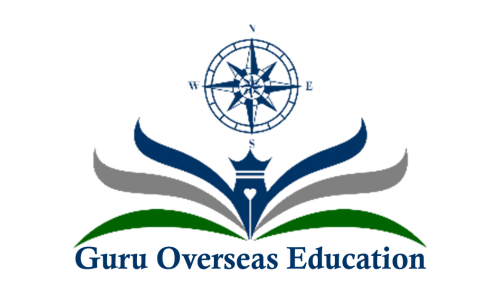Poland is increasingly becoming a popular destination for international students, including those from Africa, due to its high-quality education, relatively low tuition fees, and vibrant student life. The country has many universities that offer a wide range of programs in English and actively welcome international students. Here are some of the best universities in Poland that have high rates of admission for international students, particularly those from African countries:
Reasons to Study in Poland
English-Taught Programs: A wide range of programs is available in English, especially at the undergraduate and postgraduate levels..
Globally Recognized Degrees: Degrees from Polish universities are recognized worldwide, offering great career prospects. Rich Cultural Heritage: Studying in Poland provides a chance to experience its vibrant traditions, historic landmarks, and diverse arts scene..
Low Cost of Living: Poland offers one of the most affordable living standards in Europe, making it an ideal choice for students..
Scholarship Opportunities: Various scholarships are available for international students from government and institutional sources..
Modern Infrastructure: Universities in Poland boast state-of-the-art facilities, fostering an excellent learning and research environment..
Strategic Location: Poland’s central location allows for easy travel across Europe, enriching students’ cultural and professional experiences.
85K+
International Students
80%
Employability Rate
400
Universities
1000+
Scholarships
3 Years
Work Visa
93%
Visa Approval Rate
An Overview of Poland’s Comprehensive Education System
Poland offers a robust and internationally recognized education system that combines affordability with academic rigor. With its focus on research, cultural diversity, and innovative programs, Poland is an attractive destination for students worldwide.
1. Undergraduate Programs
Typically take 3–4 years providing foundational knowledge and skill development
2. Postgraduate Programs
Master’s programs takes 1-2 years, focusing on advanced study and research opportunities.
3. Doctoral Programs
PhD programs generally span 3-4 years, emphasizing research and innovation.
4. ECTS System
Poland uses the European Credit Transfer System, ensures compatibility of degrees across Europe.
TOP UNIVERSITIES
Tuition fees in Poland are affordable, ranging from €2,000 to €6,000 annually for undergraduate programs. Master’s and PhD programs may cost between €3,000 and €8,000 per year. Scholarships and grants can significantly reduce these costs for eligible students.

University of Warsaw

Jagiellonian University

Warsaw University of Technology
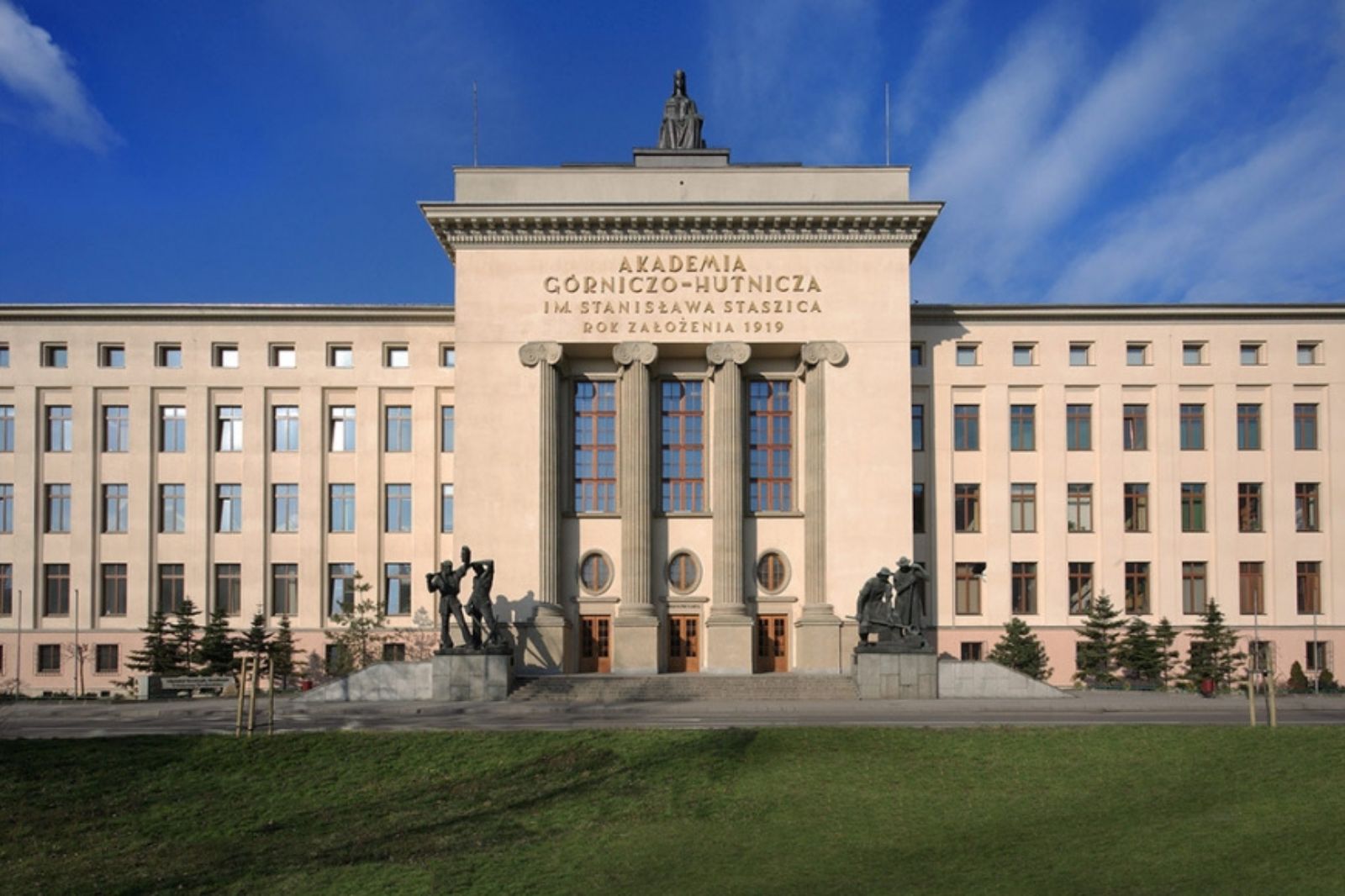
AGH University of Science and Technology
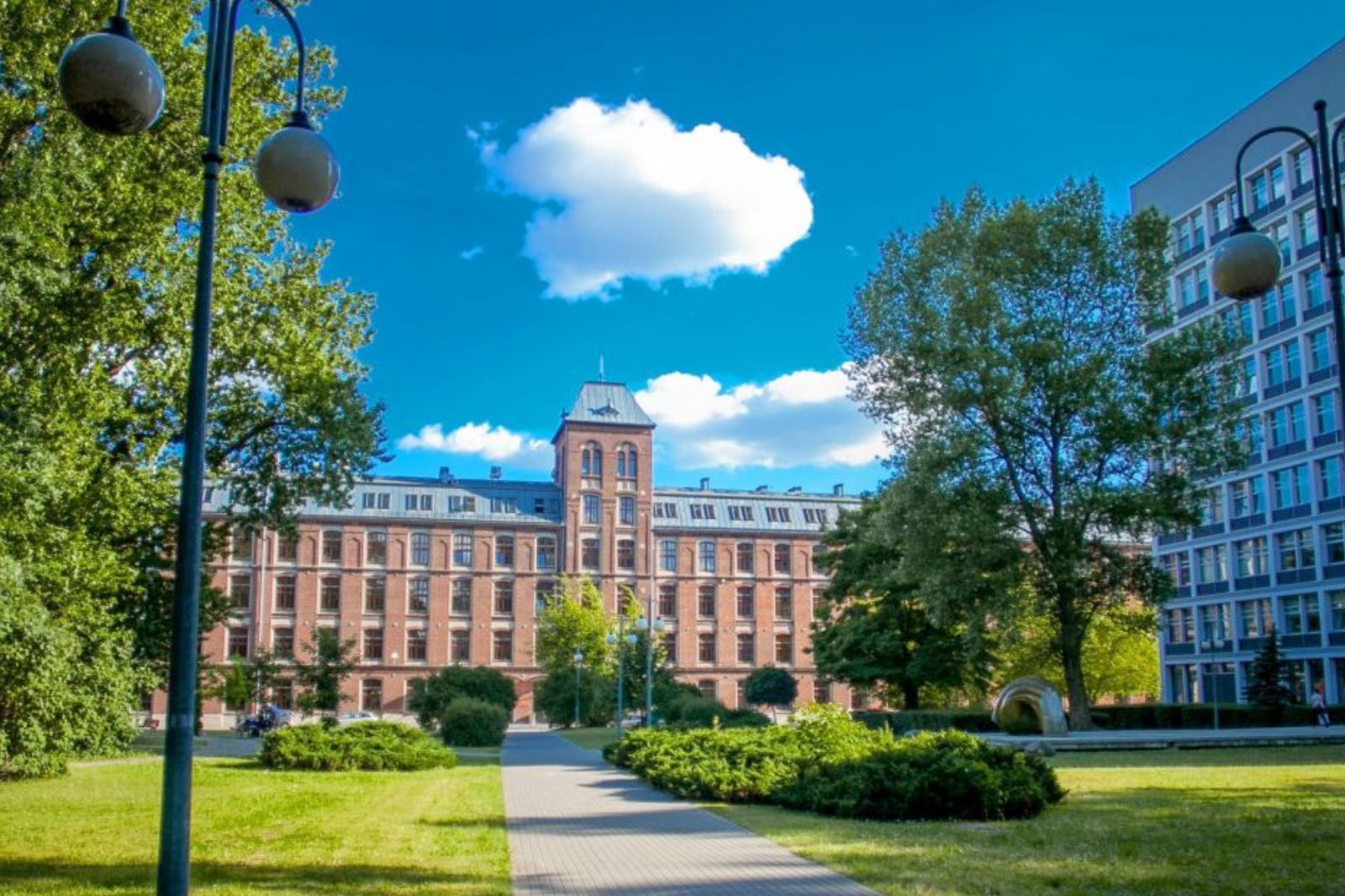
Lodz University of Technology

University of Wroclaw

Gdańsk University of Technology
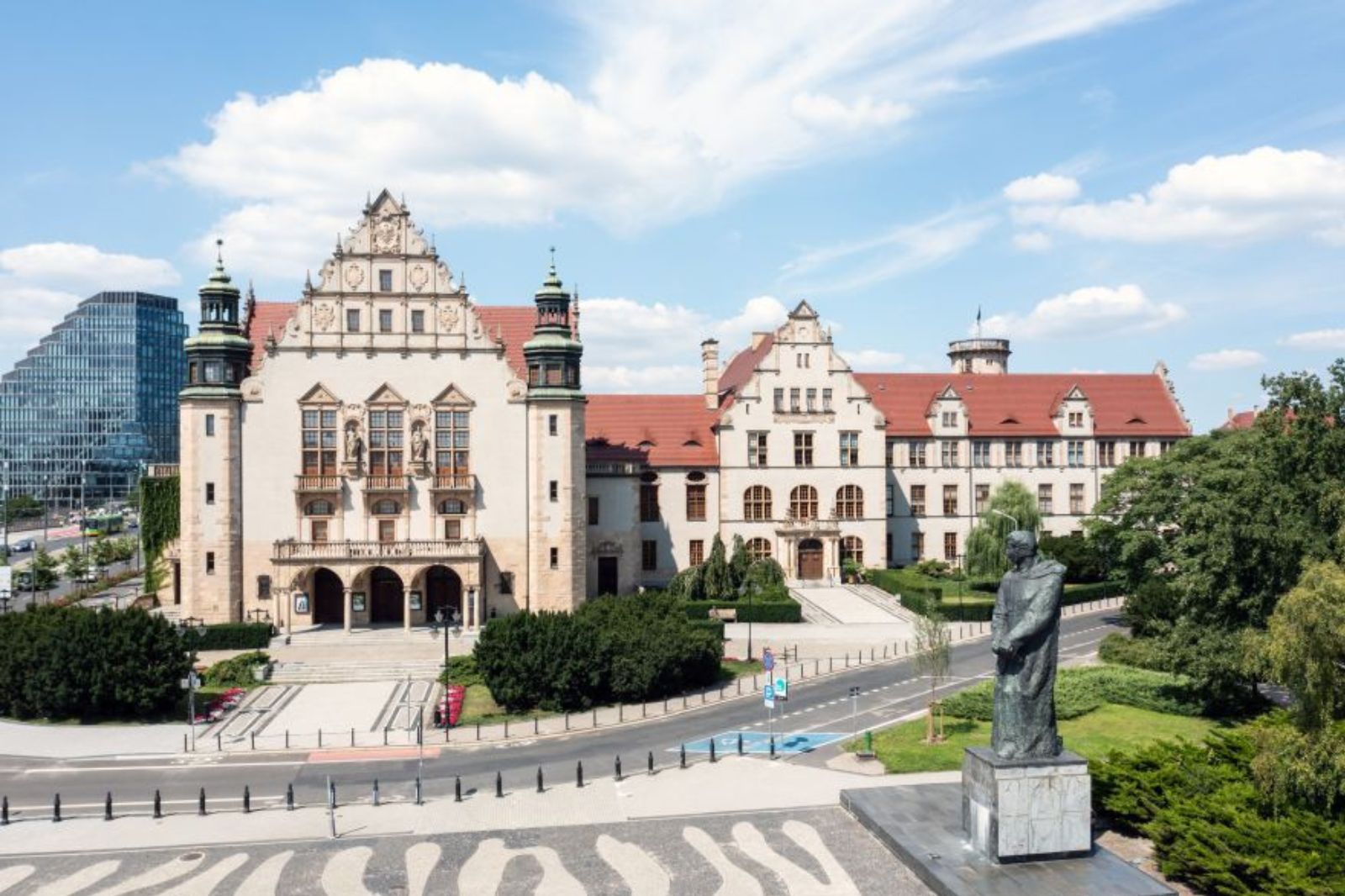
Adam Mickiewicz University

Poznań University of Technology
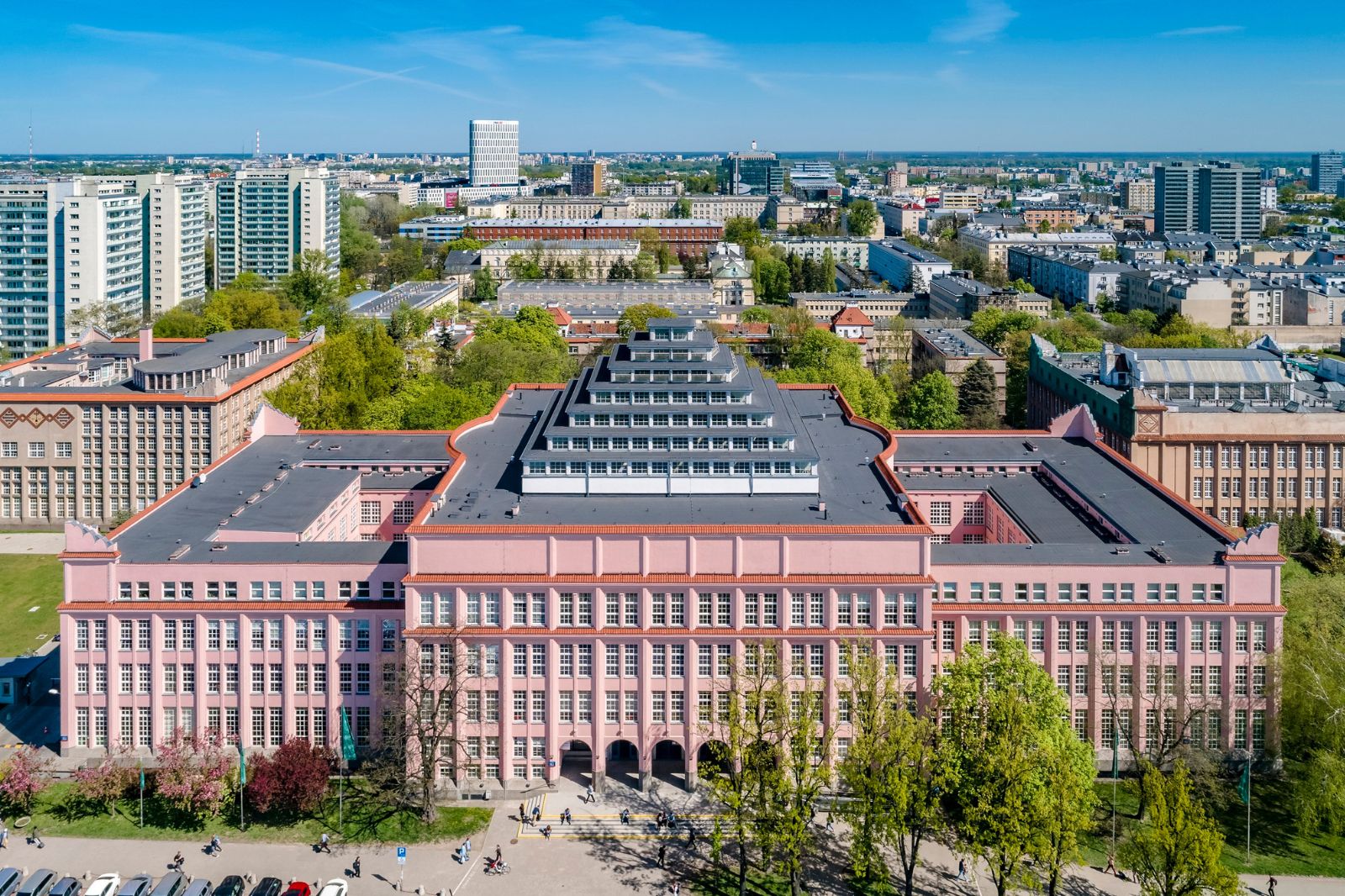
Warsaw School of Economics
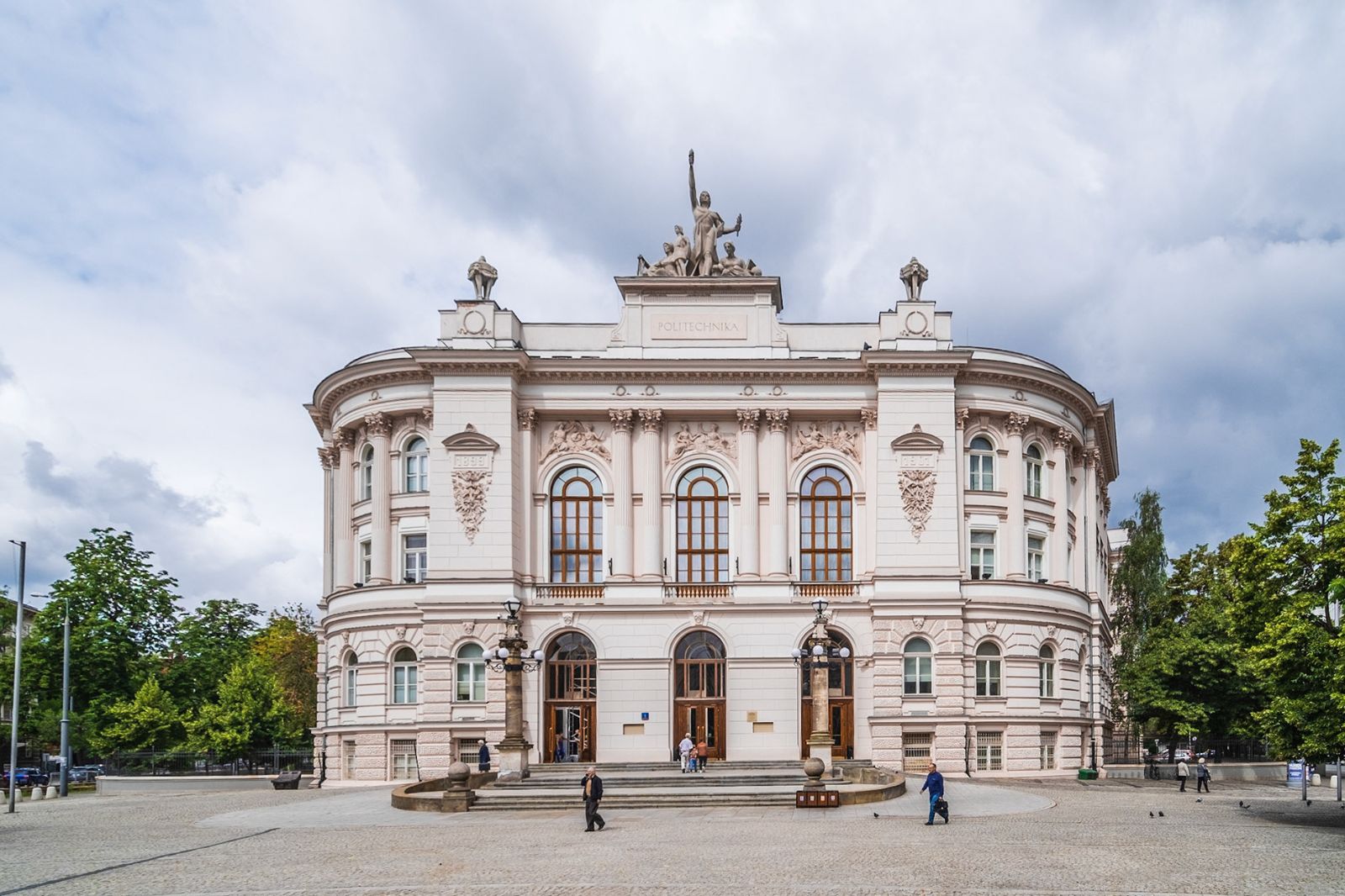
Warsaw University of Technology
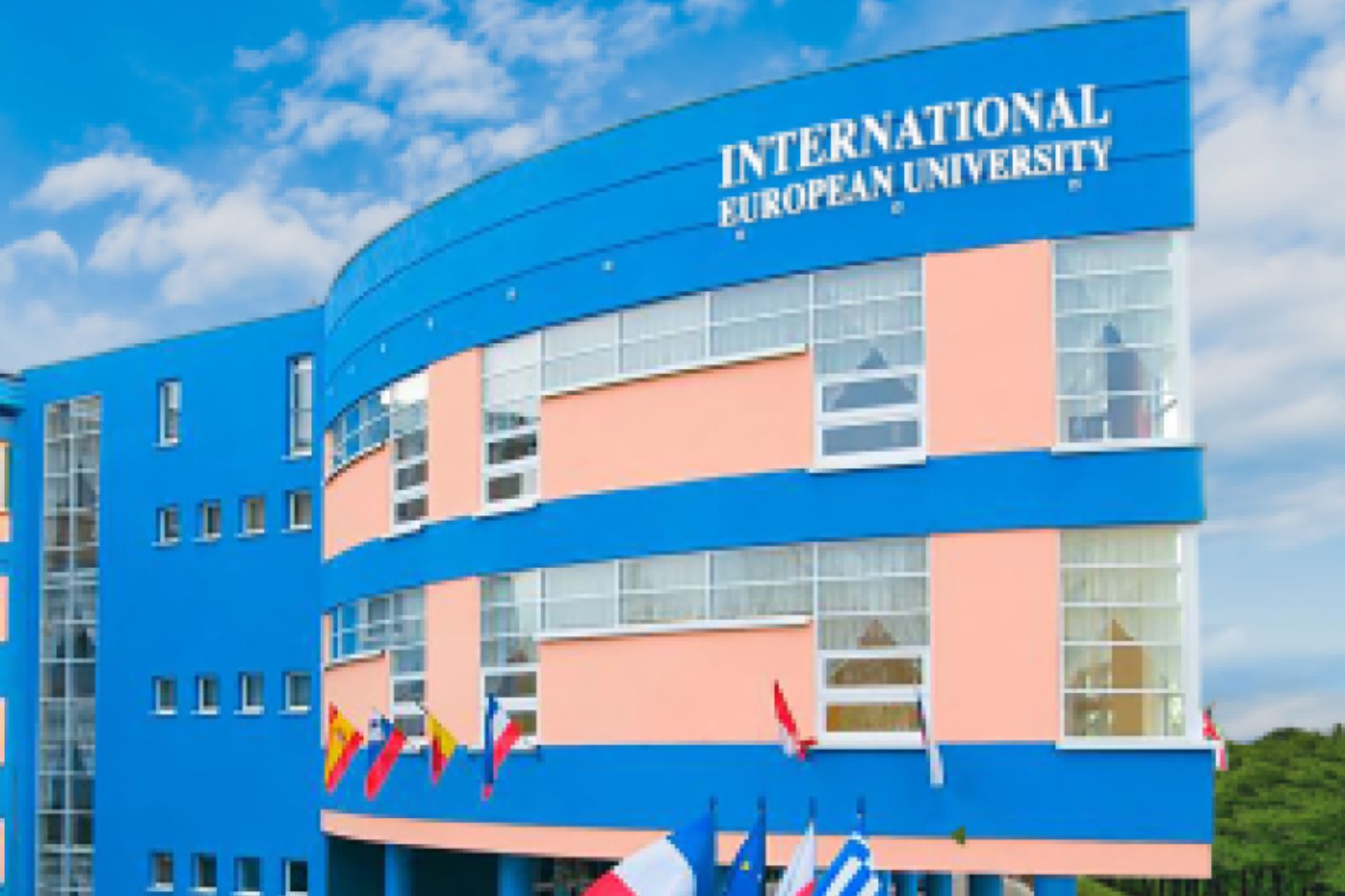
International European University
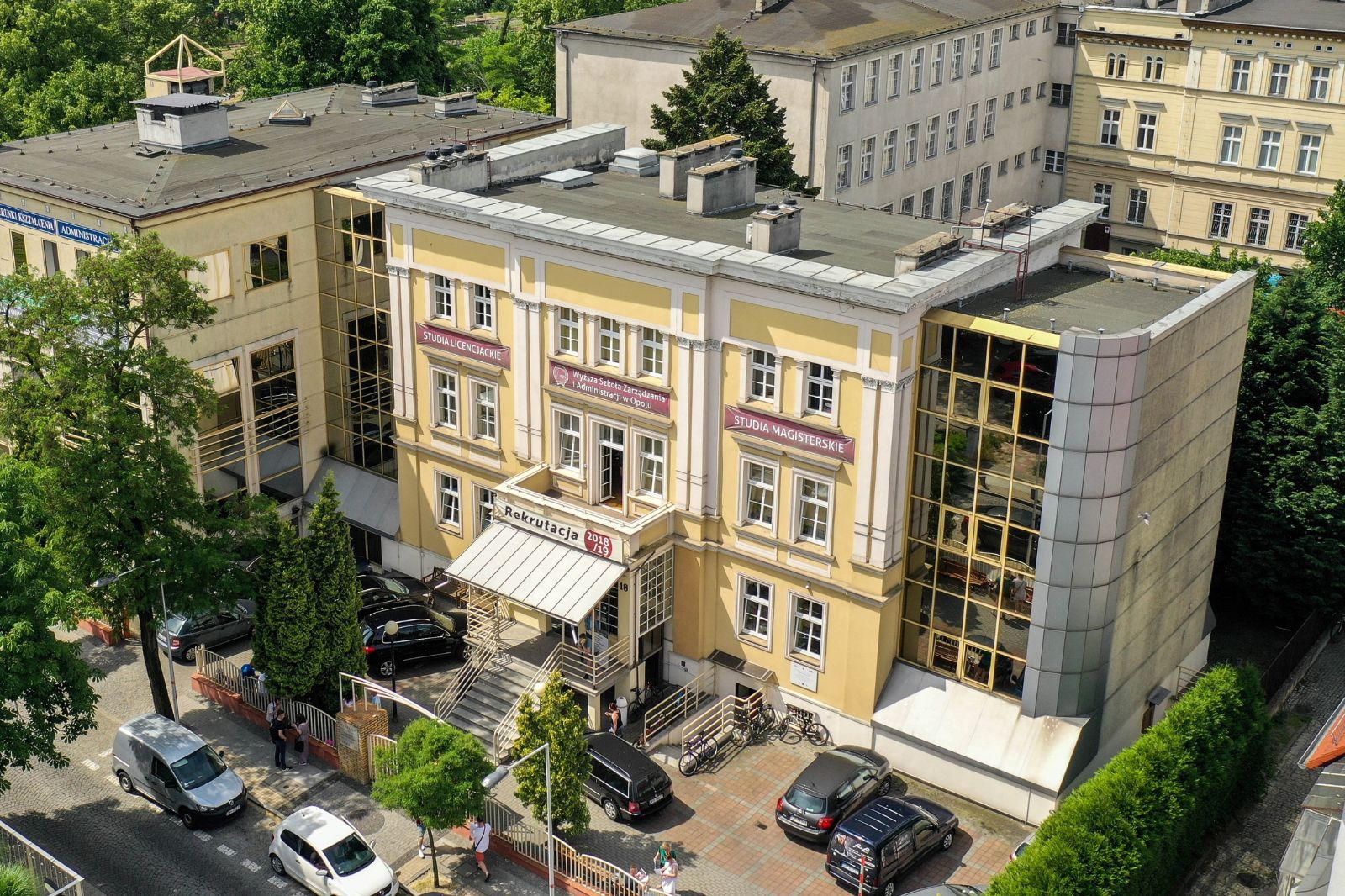
Academy in Management and Administration in Opole

Vistula University
Study in Poland
These programs are designed to equip students with practical skills, theoretical knowledge, and global perspectives.
Business Management
Covers fields like accounting, marketing, and entrepreneurship, preparing students for roles in global business environments.
Engineering and Technology
Offers specializations such as civil, electrical, and software engineering, focusing on innovation and real-world applications.
Health and Medicine
Includes nursing, public health, and medicine, providing top-notch facilities for clinical training and research.
Arts and Humanities
Encompasses history, literature, and creative arts, fostering critical thinking and cultural understanding.
Social Sciences
Explores psychology, sociology, and political science, addressing societal challenges and global issues.
Information Technology
Focuses on data science, AI, and cybersecurity, equipping students for careers in the tech-driven economy.
Natural Sciences
Covers biology, physics, and environmental sciences, emphasizing research and problem-solving in scientific fields.
Law and Legal Studies
Specializes in corporate, international, and human rights law, preparing students for diverse legal careers.
Education and Teaching
Focuses on early childhood, primary, and secondary education, training future educators.
Agriculture and Environmental Sciences
Addresses sustainable farming, forestry, and climate challenges, blending theory and practice.
Architecture and Design
Offers urban planning, interior design, and architecture, fostering creativity and technical expertise.
Media and Communication
Includes journalism, PR, and digital media, preparing students for dynamic communication roles.
Cultural and Social Life
Poland offers a unique blend of modernity and tradition, with a thriving student life. Tanzanian students can enjoy Poland’s rich cultural heritage, diverse cuisine, and vibrant social scenes, along with opportunities to engage in multicultural events and activities.
Estimated Monthly Living Expenses
Poland is one of the most affordable European countries, offering students a high-quality lifestyle at reasonable costs. Students benefit from budget-friendly housing, food, and public transport, making it an excellent destination for international education.
$ 150+
Accomodation
$ 100+
Food and Groceries
$ 30
Transport
$ 40+
Utilities
$ 10+
Student Health Cover
$ 100+
Other Expenses

Frequently Asked Questions
To study abroad, you typically need a valid passport, academic transcripts, an admission letter, proof of English proficiency (e.g., IELTS, TOEFL), and financial evidence to support tuition and living expenses.
Guru Overseas Education guides students through the entire study abroad process, including university selection, application submission, visa assistance, and pre-departure preparations for their chosen destination.
Yes, many universities abroad offer scholarships based on merit or financial need. Guru Overseas Education provides guidance on finding and applying for these opportunities. Additionally, we offer short-term financial support options to assist students in covering initial expenses.
Yes, international students are generally allowed to work part-time, usually up to 20 hours per week during academic terms and full-time during breaks, depending on the regulations of the country where they are studying.

Get Best Universities and Colleges
Guru Overseas Education is your trusted gateway to international education, empowering Tanzanian students to explore world-class learning opportunities, broaden their horizons, and transform their future through professional guidance and comprehensive support across 20+ global destinations.

